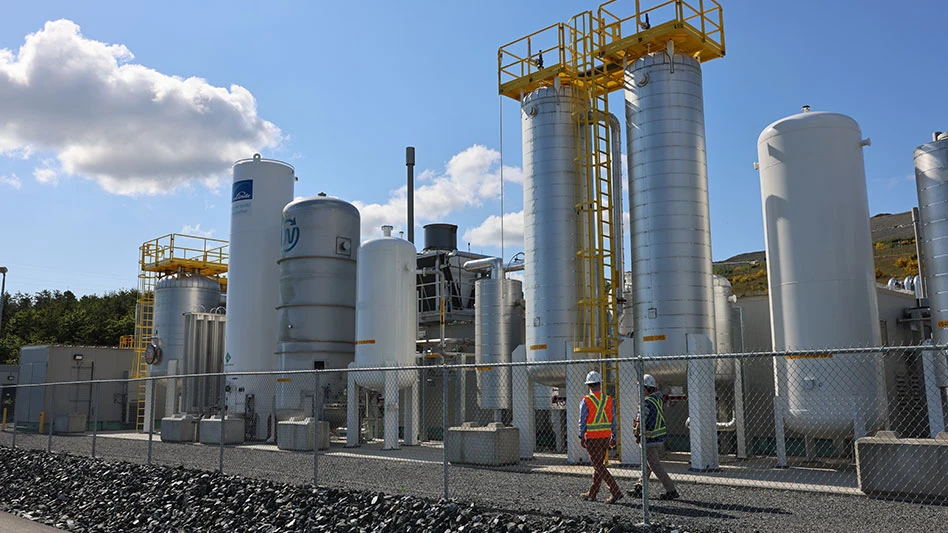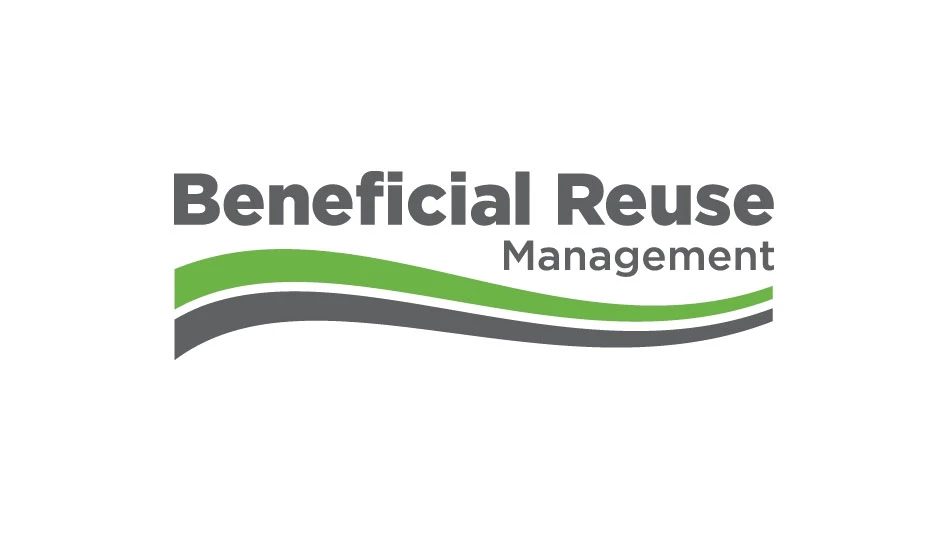
milkovasa | stock.adobe.com
The U.S. Department of the Treasury and Internal Revenue Service has released guidance on the Sustainable Aviation Fuel (SAF) Credit established by the Inflation Reduction Act.
The guidance provides clarity around eligibility for the SAF Credit. The credit incentivizes the production of SAF that achieves a lifecycle greenhouse gas (GHG) emissions reduction of at least 50 percent compared to petroleum-based jet fuel, according to the Treasury Department.
Producers of SAF are eligible for a tax credit of $1.25 to $1.75 per gallon. SAF that decreases GHG emissions by 50 percent is eligible for the $1.25 credit per gallon amount, and SAF that decreases GHG emissions by more than 50 percent is eligible for an additional $0.01 per gallon for each percentage point the reduction exceeds 50 percent, up to $0.50 per gallon.
Under the guidance, numerous fuels will qualify for the credit, including valid biomass-based diesel, advanced biofuels, cellulosic biofuel and cellulosic diesel that have been approved by EPA under the Renewable Fuel Standard (RFS).
Fuels that achieve a 50 percent or greater reduction in lifecycle greenhouse gas emissions under the most recent Carbon Offsetting and Reduction Scheme for International Aviation standard will continue to qualify under today’s guidance. In addition, the Environmental Protection Agency, Department of Transportation, Department of Agriculture, and Department of Energy (DOE) are announcing their commitment to release an updated version of DOE’s GREET model by March 1, 2024.
Pending further guidance from the Treasury Department, the updated GREET model will provide another methodology for SAF producers to determine the lifecycle GHG emissions rates of their production to qualify for the SAF Credit for SAF sold or used during calendar years 2023 and 2024.
RELATED: Raven SR to supply sustainable aviation fuel to All Nippon Airways
Many in the industry have hailed the guidance as a step in the right direction for renewable fuels.
In a Dec. 15 statement, Renewable Fuels Association (RFA) President and CEO Geoff Cooper said he is “cautiously optimistic” that today’s guidance could open doors to an “enormous opportunity for America’s farmers, ethanol producers and airlines.”
Michael McAdams, president of the Advanced Biofuels Association (ABFA) also issued a statement in response to the newly released guidance.
“The Advanced Biofuels Association is grateful for the methodology and modeling flexibility outlined in the Treasury Department's guidelines on Sustainable Aviation Fuel tax credits. Recognizing that a one-size-fits-all approach is impractical, the Biden Administration's acknowledgment of this reality is crucial for achieving significant carbon reductions in air travel,” he says. “We extend our thanks to the Treasury Department, Department of Energy, Department of Transportation, Environmental Protection Agency and the Department of Agriculture for their thoughtful guidance and the prompt announcement following an intensive and collaborative effort.”
LanzaJet, a Deerfield, Illinois-based sustainable fuels technology company, has a similar sentiment. The firm has partnered with airlines such as British Airways and United Arab Emirates to develop cost-effective SAF for commercial use.
“LanzaJet applauds the Department of Treasury’s decision to recognize EPA’s Renewable Fuel Standard methodology and its intent to recognize the Department of Energy’s revised GREET model early in 2024 for its evaluation of sustainable aviation fuel. This policy framework, which received broad support from the agricultural and aviation sectors, will undoubtedly accelerate the country’s work to decarbonize aviation and meet the federal government’s SAF Grand Challenge goals,” says LanzaJet CEO Jimmy Samartzis.
Latest from Waste Today
- Routeware celebrates 25 years of innovation
- Montana city approves compost facility improvements
- Willows offer a nature-based solution to reducing leachate volumes
- REI outdoors retailer hits zero waste target
- Minnesota awards $1M in waste reduction grants
- Nashville, Tennessee, inches closer to establishing standalone solid waste department
- Los Angeles Sanitation and Environment wins brownfields grant
- Bain & Co. sees distant chemical recycling timeline





